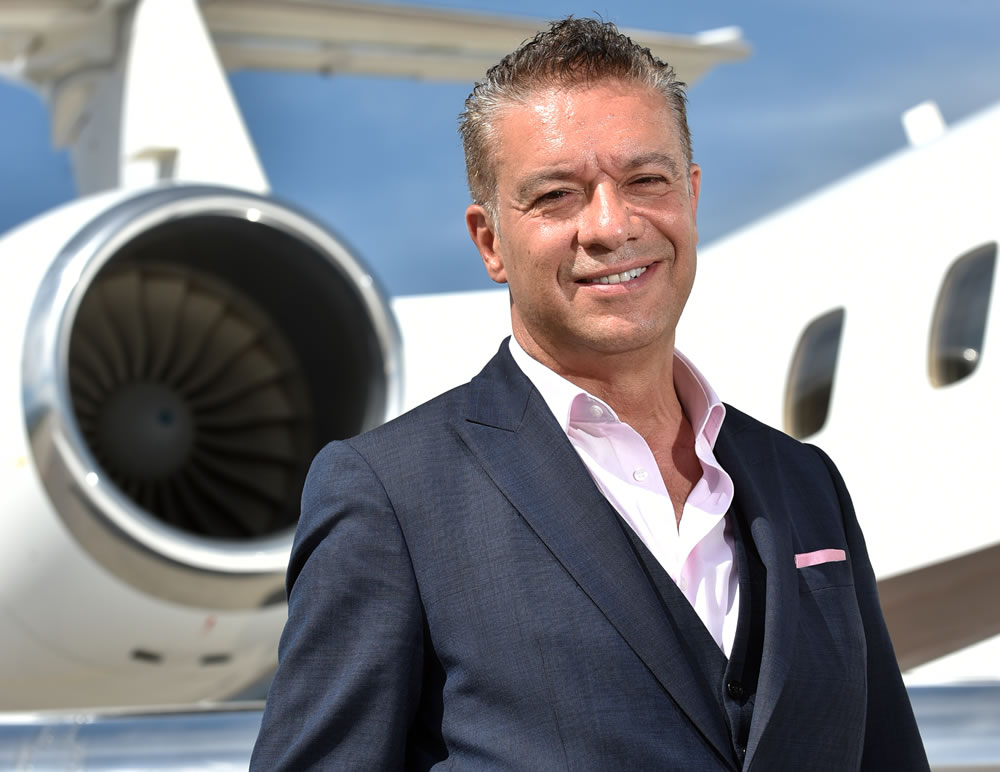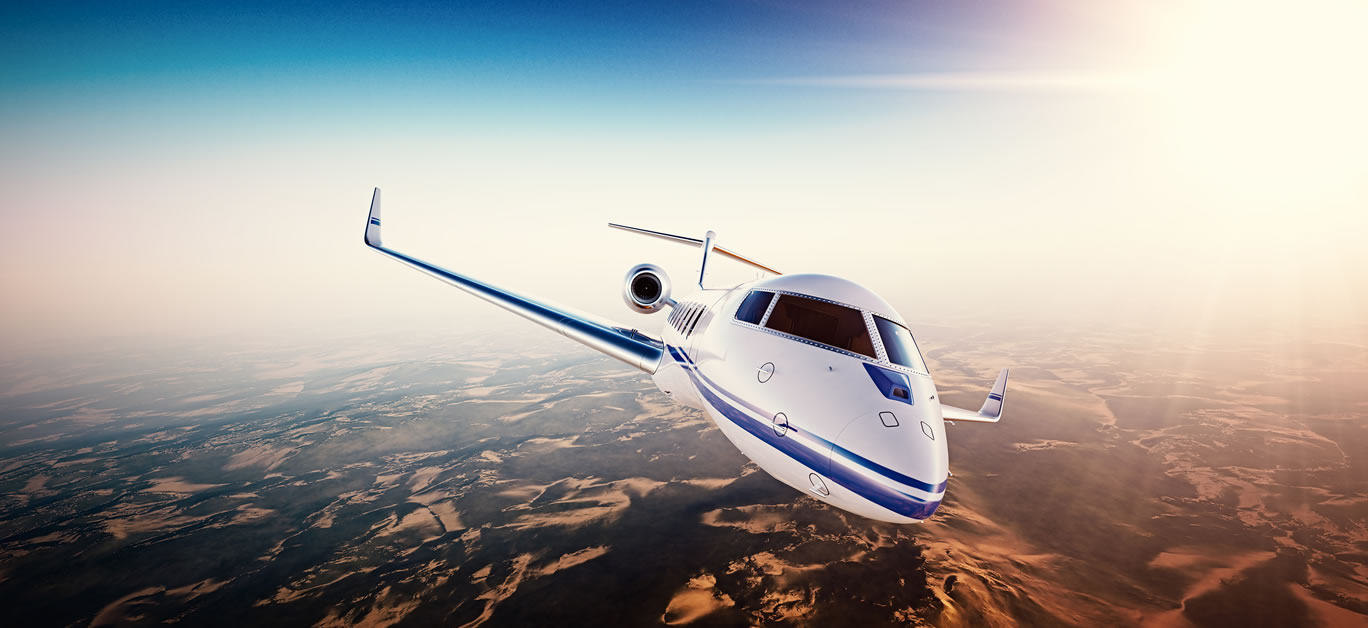As lockdown restrictions begin to ease across the world, we’re starting to dream about where we’ll be able to fly to next, and how the travel experience will have changed.
Here, we speak to three leading experts in the luxury air travel sector, to find out their predictions for how we’ll be travelling in the future.
George Galanopoulos, managing director of Luxaviation UK, Britain’s leading private jet operator and part of the global Luxaviation Group

“We expect that the hygiene concerns involved with flying commercially will lead to more people chartering a private jet for business travel, meeting up with family or going on holiday. Private jet charter isn’t necessarily out of budget for everyone – if you’re used to flying business or first class, it’s not always a big step up in terms of price, but it’s a significantly elevated experience in terms of efficiency, safety, and luxury.
“One way to experience a private jet flight for the first time is by taking an empty leg – a one-way flight, when the jet is repositioning. These empty legs are sold at a discounted price, depending on the route; typically, you can save around 50 per cent off regular charter rates. If you can travel as a group, and afford to be flexible with your schedule, you can fly privately for around the same price as a business class ticket.
“Private jets offer a much more controlled environment than commercial flights, minimising the stress involved with travelling. You choose the aircraft and the people who accompany you; can arrive at the FBO just 15-30 minutes before departure; and avoid queues and crowds at every step. While people are still unsure about flying – particularly if they’re older or have an underlying health condition – private jets offer a perfect solution for safe, comfortable and relaxing travel.”
Peter Antonenko, chief operating officer of Jetcraft, the world’s foremost aircraft sales and acquisitions specialist

“The power of technology to build connections is second only to that of travel. Since the Covid-19 outbreak began, remote working and video conferencing has only proven the value of face to face interactions to create and build relationships. Once borders reopen and flying resumes, people will be eager to travel – albeit in a safe, comfortable and efficient environment.
“For those of us in the business aviation industry, we’re anticipating an influx of new users. According to a study by McKinsey, up to 90 per cent of those that can afford to travel via business jet choose to go commercial, as the first-class experience previously fit their needs. However, the change in airport processes and the limiting of onboard privileges will bring more people to the luxury and control of a private jet. As the airline industry continues to be impacted by the pandemic, certain routes and frequencies will disappear that are critical for some travellers, bringing them to the flexibility of business aviation instead.
“Fewer stops will also become a factor, as fliers will want to avoid transiting multiple places, to reduce exposure to health risks. Looking at long-haul trips, for those chartering or buying a private aircraft this will benefit the ultra-long-range jet segment. But the same rule applies to short trips too, and we expect the commuting experience to change drastically. Disruptive travel technologies such as electric vertical take-off and landing (eVTOL) aircraft are expected to be quickly developed and deployed, as safer, shorter travel becomes the priority. Whether it’s flying in a private jet to a business meeting abroad, or taking an eVTOL to hop across town to your office, the ability to be in full control of your environment will be key to our future travel experiences.”
Per Marthinsson, co-founder and EVP of Avinode Group, technology partner for the business air charter industry

“Private air charter is a good indicator for where travel demand will emerge more generally, as fewer passengers and more agile aircraft can mean a faster return to the skies than for airlines. Nevertheless, border relaxations and travel bubbles will be key to recovering travel demand.
“Through our Avinode platform, we’re already seeing a growing number of requests for private flights this summer, which is usually the peak season for travel to Europe. Year-over-year demand for travel in June and July is down by 45 per cent and 37 per cent respectively for intra-European trips, but as border restrictions relax, more demand should be able to convert to real flights. We’re seeing a lot of demand for Portugal trips from Western Europe; whilst Russian travellers are requesting trips to Cyprus and Montenegro.
“While we may not all be able to get away for a summer holiday this year, the increasing demand data we’re seeing through Avinode shows the appetite for travel is still high, and we’re hoping for that pent-up demand to convert into real trips as soon as it’s safe to do so.”






















